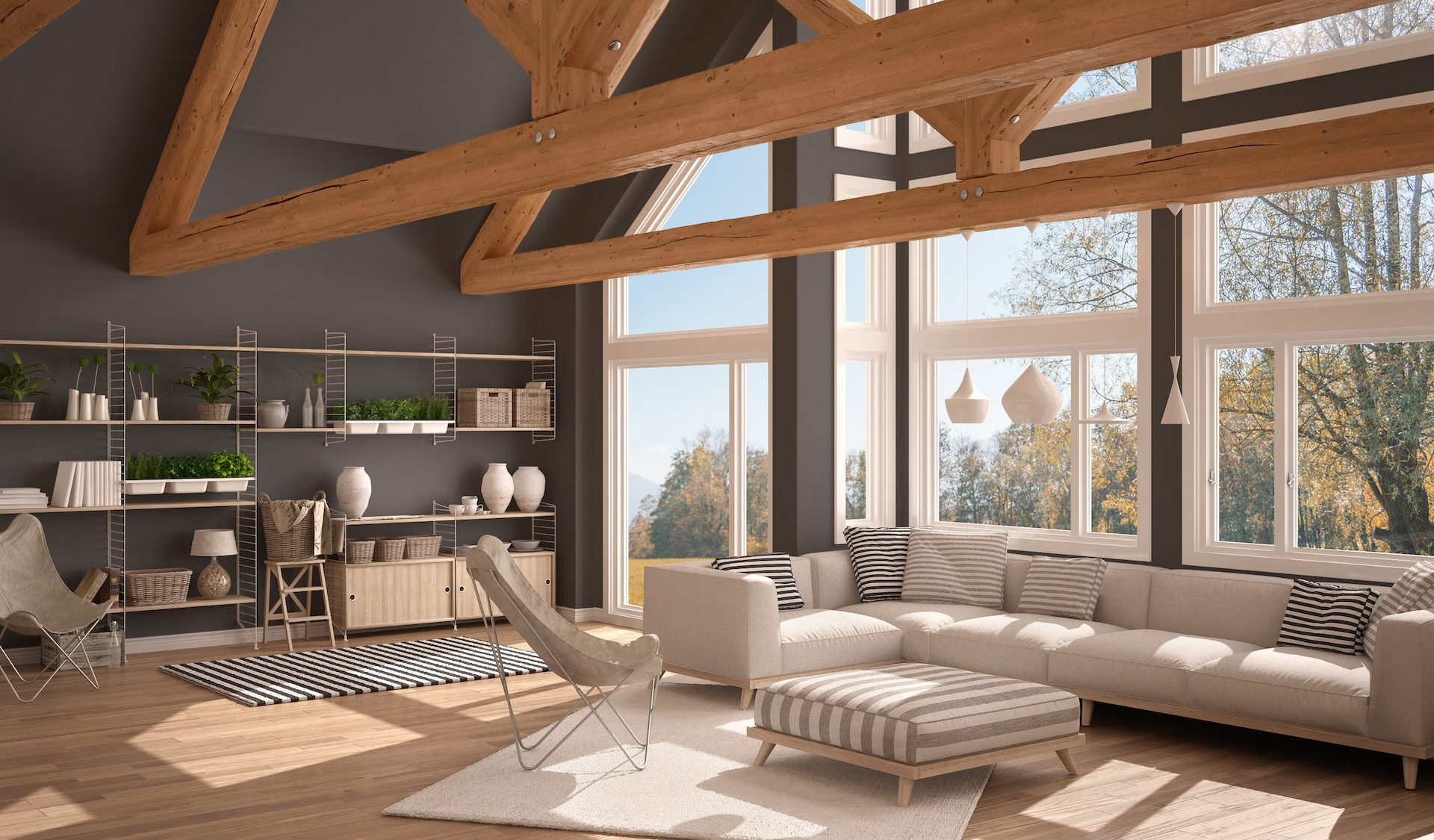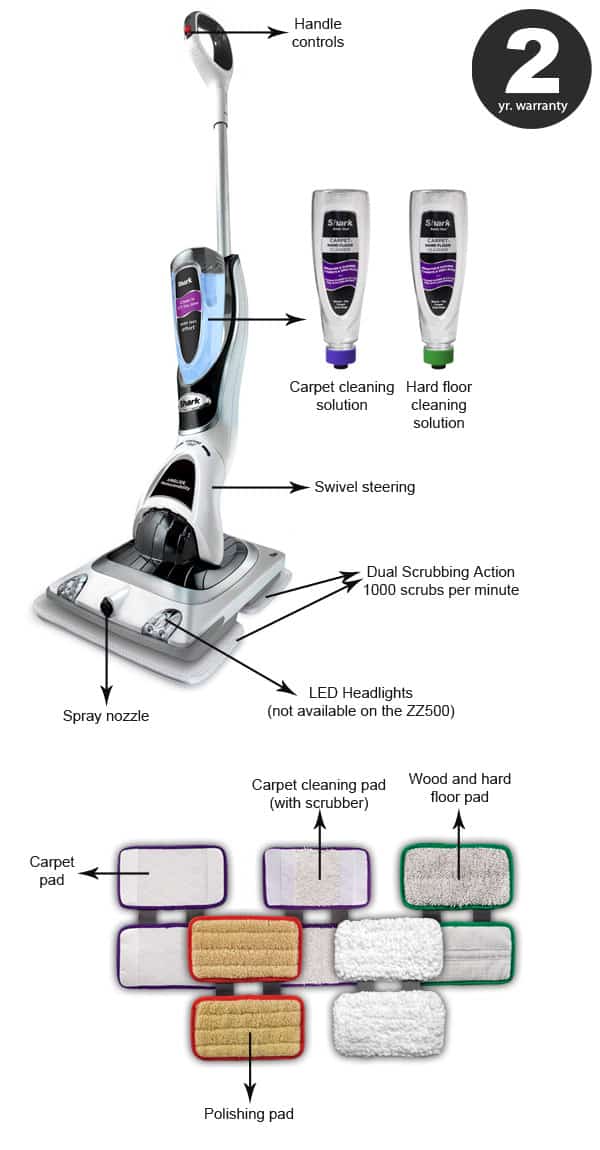Buying your first home is an exciting life event, whether it’s a solo venture or one you are sharing. There is plenty of advice available about things to bear in mind when selecting the right property, such as convenience for local transport, the kind of neighbourhood you’ll be living in and considerations that might be relevant, such as the proximity to shops and schools. This is an important step and it’s vital to take a long-term view if you are arranging for your first mortgage. Here are some essential assessments to make before committing yourself to buying a new home.
Energy efficiency
Owning your own home is a bit like buying a car, except that hopefully your property will appreciate over the years rather than lose its value. Although the purchase price is a big commitment, it is by no means the only outlay, as the maintenance and running costs of your property will be ongoing. Due to these ongoing costs, it makes sense to ascertain how energy efficient the building is, particularly if you are buying a house rather an apartment.
Start by checking the insulation, both cavity wall insulation and loft insulation; in a home that is not insulated about a third of all heat that is lost escapes via the walls. You will want to keep your heating bills to the minimum possible, so the type and extent of insulation will make a significant difference. Another energy-saving measure is to make sure that the doors and windows are energy efficient, which might mean they are double or triple glazed for added protection from cold and noise. If this is not the case, you can always fit secondary glazing to windows to improve draught proofing – this usually takes the form of a single extra pane of glass inside the window reveal. Alternatively, consider installing shutters, either inside or outside, which will add an extra layer of protection.
Doors can also be insulated and draught proofed; to improve the doors in your new home, fit draught proofing strips around door seals as well as the letterbox on your front door.
Suppliers and systems
Just as you take care to compare mortgages when first deciding to buy a property, so selecting an energy supplier should be subject to the same scrutiny. Check out tariffs as well as company environmental policies when making your decision to see if you can keep costs down or if there are opportunities for extra benefits, such as significant savings from solar panel installation. Also, determine how efficient the existing heating system in the home is and work out whether you could benefit from changing it.
It’s important to arm yourself with as much information as possible in order to make good choices when it comes to choosing the property that will meet your needs and require the least maintenance. It’s also vital to assess the potential costs when it comes to utility bills, and to minimise these where possible.
Did you like this post? You may also be interested to know some ways you can reduce energy use by properly maintaining your home’s heating and air conditioning systems at peak efficiency.





